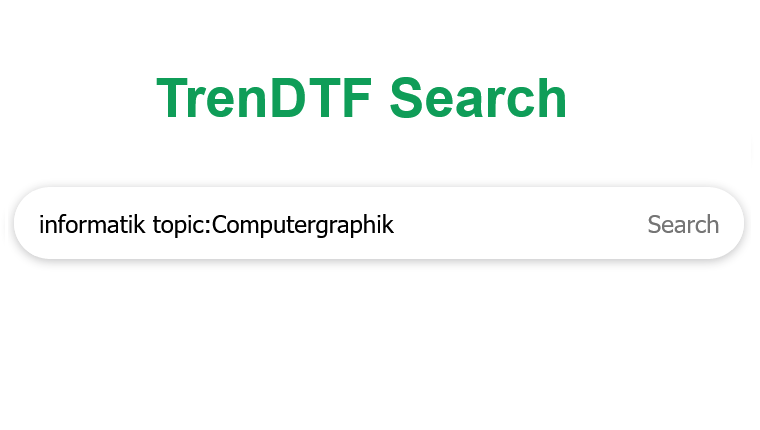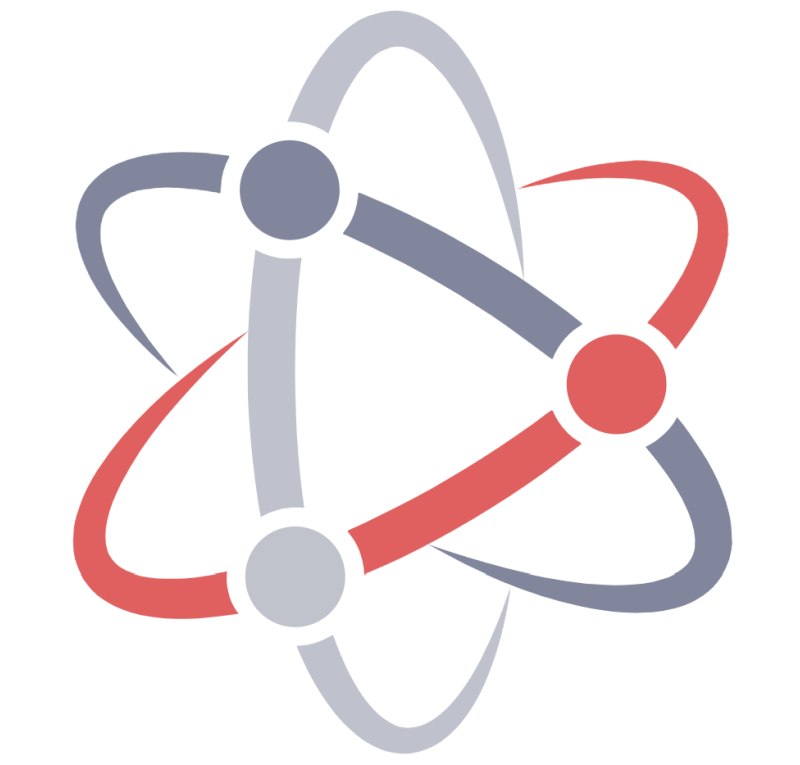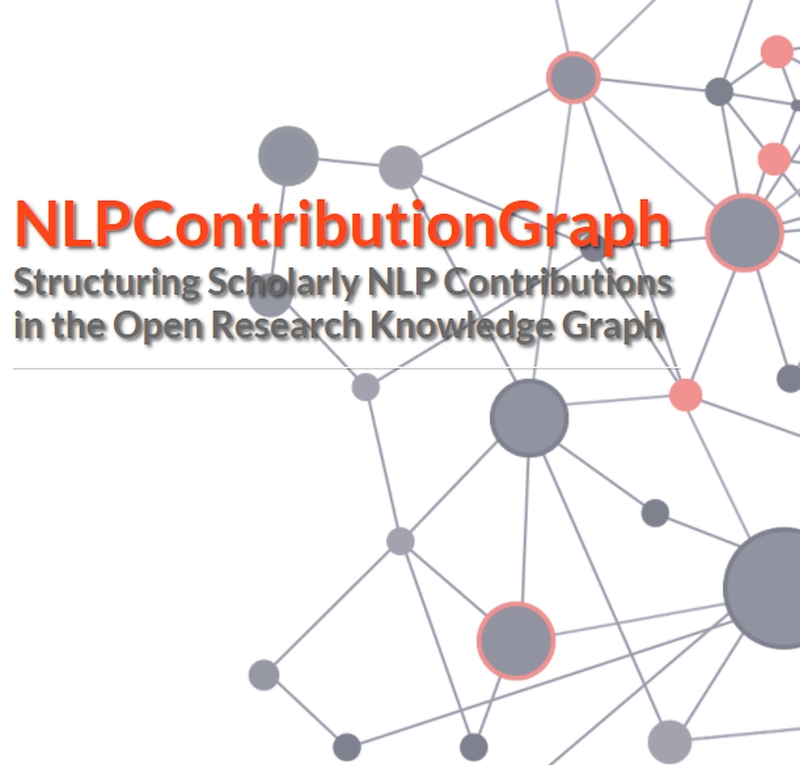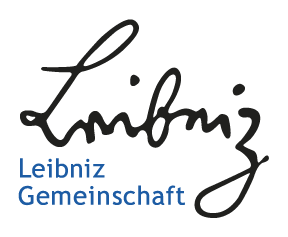Discourse takes various modalities, structures, and mediums. Among the commonly experienced mediums are face-to-face chats, telephone conversations, television news broadcasts, radio news, talk shows, lectures, books, and scientific articles. Intriguingly, each of these forms of discourse follow a logical structural nuance depending on the medium. The advancement of the digital age including social media communication has further led to expansion of logical discourse structures. These include blog-posts, emails, websites, review sites of products, hotels, restaurants or movies, and, finally, social media streams such as Twitter, Facebook, Reddit, #slack channels, Q&A portals such as Quora or Stack Overflow, etc., with a growing list as new mediums of communication over the World Wide Web are invented.
Large and varied streams of natural discourse only mean an even larger body of research questions remains to be explored!
➔





